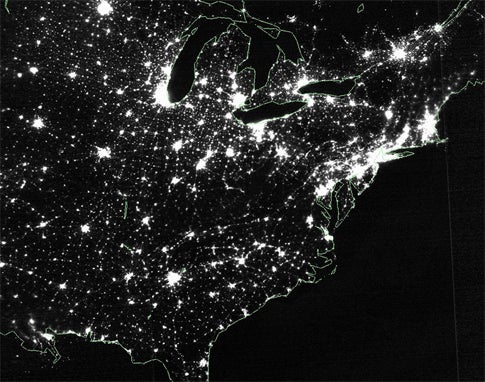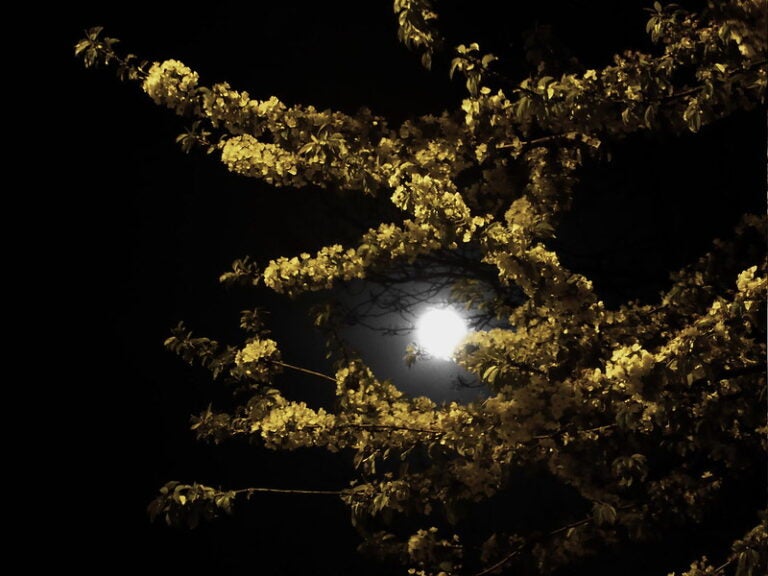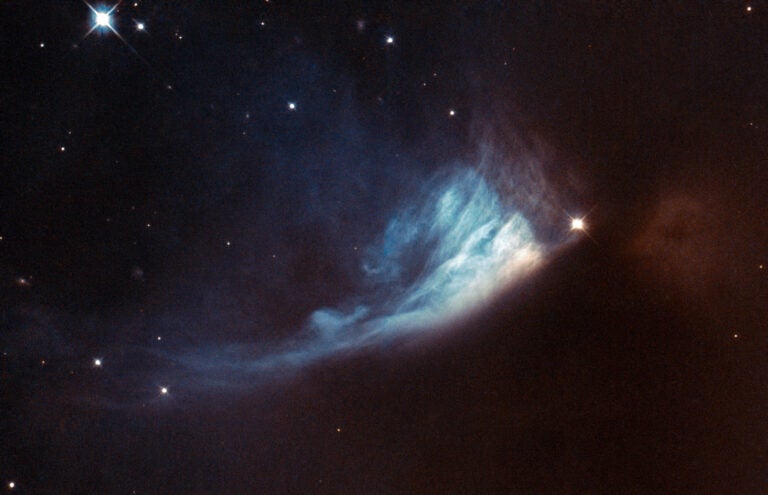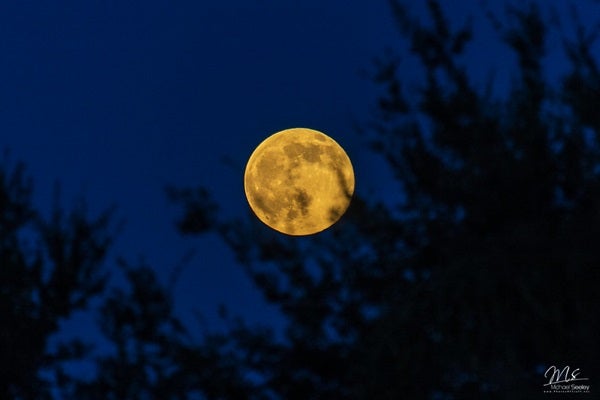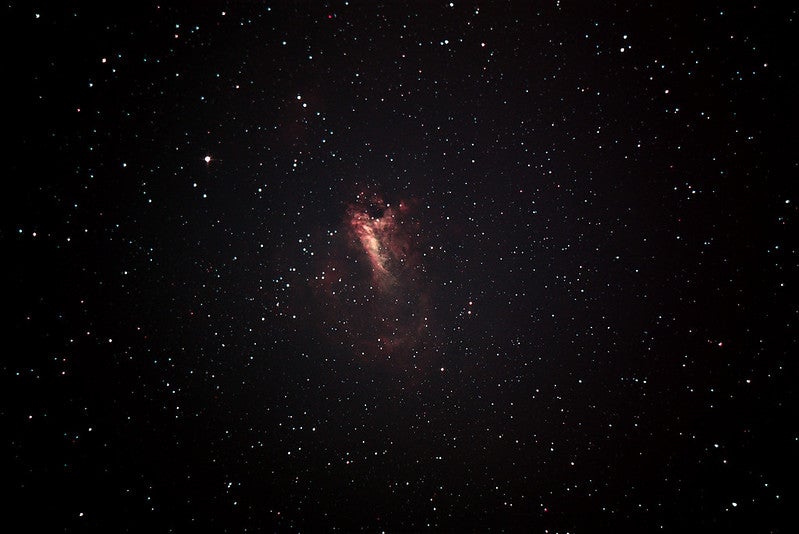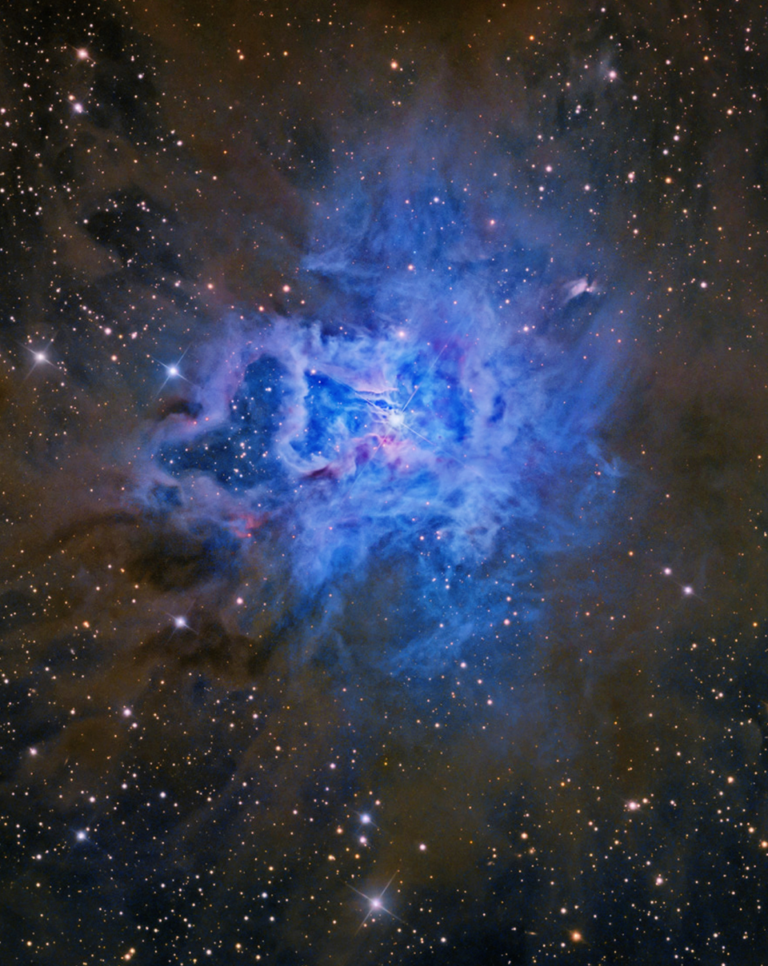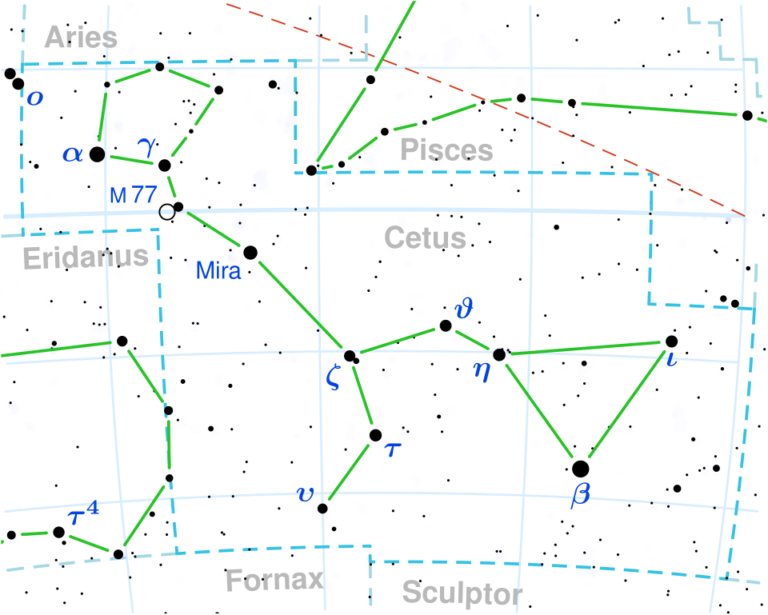Observance of the fifth annual National Dark-Sky Week will take place April 17–24. Founded in 2003 by Jennifer Barlow, the event highlights concern for increasing light pollution — the “glow” from outdoor lights that washes out the stars in the night sky. Endorsed by the International Dark-Sky Association, American Astronomical Society, and the Astronomical League, event participation grows each year as the public becomes more aware of light pollution and its effects on our everyday lives and the environment.
National Dark-Sky Week seeks to deter light pollution by encouraging better overall outdoor lighting practices. Simply turning off unnecessary lighting for one week is only a temporary solution. National Dark-Sky Week seeks to educate the public about lighting fixtures that help reduce light pollution by focusing light downward instead of up into the sky.
As cities continue to expand, so does light pollution through poor planning and misuse of outdoor lighting. While light pollution is detrimental to our ability to observe and enjoy the night sky, it also disrupts the surrounding natural environment, wastes energy, and has the potential to cause health problems. “The only way that National Dark-Sky Week can succeed is if more people participate every year,” says Barlow. “No significant reduction in light pollution can be made unless a great number of people turn off their lights.”
The campaign also encourages the public to attend area star parties or visit a local observatory. But always be careful not to turn out lights that are necessary for public safety, and when going stargazing, carry a red-tinted flashlight and stay in a large group.
“National Dark-Sky Week is a great opportunity to dust off the old telescope from the attic and share in the wonder of the universe that has been part of the human tradition for thousands of years,” says Barlow.

